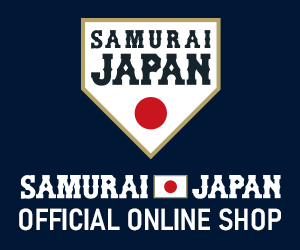Team Report
World Baseball - With Former LA Dodgers' Eric Gagne Managing, France Has Plans to Improve
2/24/2015
![]()
By Hirokazu Yokoo
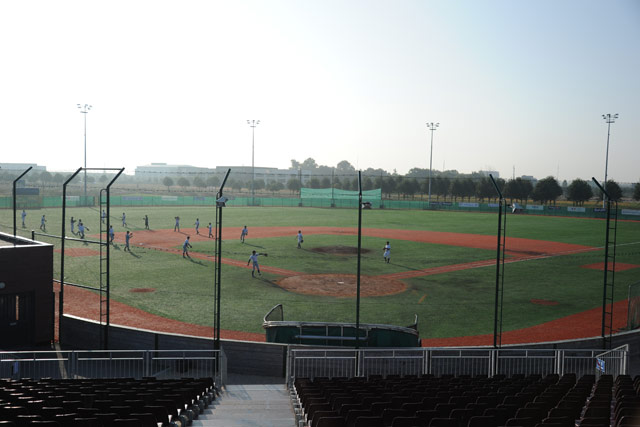
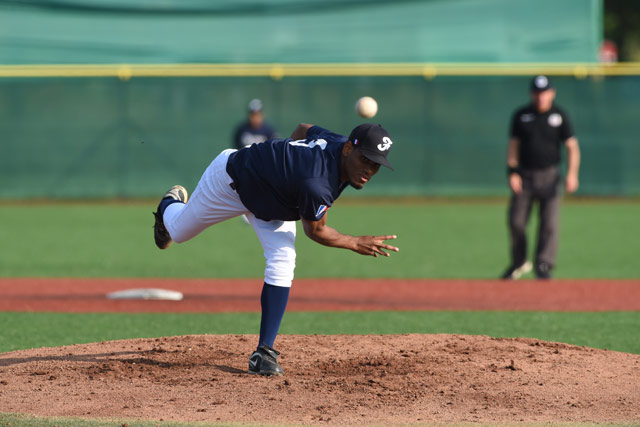
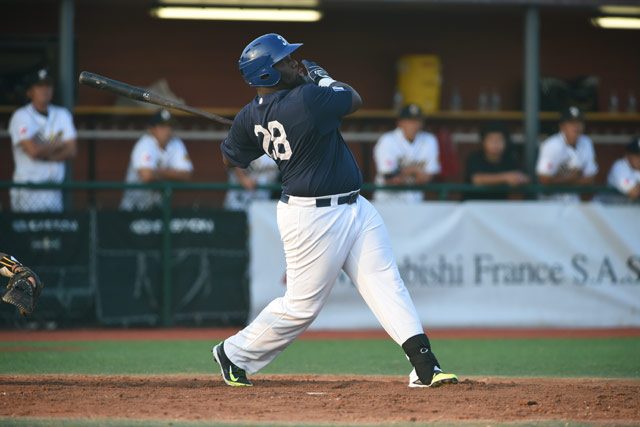
In the mid-90's the French representative baseball team that appeared in international tournaments could not by any standard be said to be at the level of the top teams. One funny story to give the background of what one saw then is that when the team was playing Cuba, the French shortstop was playing a little deep. Each time a Cuban hitter hit a good ball the shortstop moved a little further back. Before he knew it, he had moved all the way back to the middle of left field. The team appeared in 1994 at the 32nd Amateur World Series held in Nicaragua. However, in the elimination round France not only of course lost all 7 of its games, but was only able to get a total of 10 runs while giving up 80. I wondered if the day would ever come when France would win an international championship.
Last year, 20 years later, however, with strong encouragement from Japan, France held the 1st France International Baseball Tournament. In addition to the host country, the Netherlands, Belgium and, from Japan, the kings of city level baseball, Seino Transportation, participated. Rumor had it that it would be the Netherlands and Seino Transportation in the final. However, France defeated Seino 10-5 in spectacular fashion in the elimination round and moved into the final. The background of France's dramatic progress in baseball is that Yoshio Yoshida, in 1985 the manager of the Hanshin Tigers, the number one team in Japan, worked as the French representative team manager. More on that later.
It's said that baseball was brought to France during World War I. Among the American army that came to France while the war was on were several Major League players who taught baseball to French people while in the country. As the war neared its close, on April 19, 1918 the Paris Baseball Association was formed with the American Frank B. Ellis as its chairman and a tournament was held with equipment supplied by the US Army. That failed to develop, but in 1924 the Chicago White Sox and the New York Giants (Now the San Francisco Giants) visited France and played an exhibition game. It's said that the France Baseball Association was formed after people noticed the enthusiasm of many of the spectators at this game. In 1926 what is now the top league, Division 1, was established and there are records that in 1929 France played its first international game against representatives of Spain in Barcelona. They won this game 10-6 and regular domestic championships started to be held but baseball had not taken root in France.
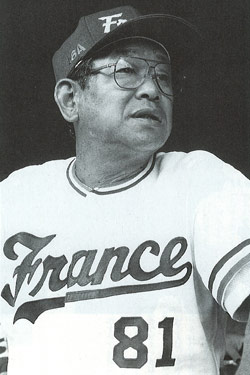
France did not make it into the higher levels of the European Baseball Championship and the next time the sport drew attention in the country was when it was adopted as an open competition for the Los Angeles Olympics in 1984. The baseball federations on each continent began trying to popularize the sport with the goal of it becoming an official event. That's where Yoshio Yoshida comes on the stage. Invited by a friend, Mr. Yoshida went to France in 1988 to observe what French baseball was really like. In 1989, the next year, while leading a Paris club team, he learned about the French national team and, when the previous manager stepped down, Yoshida took on the duties of manager. He had a big goal. Even though there wasn't much time before the 1992 Barcelona Olympics, he wanted to make the team strong enough to be able to appear as the European representatives to the next Olympics in Atlanta. What was so great about Yoshida's leadership is that while teaching the team the skills and strategies needed to win, at the same time he helped them understand what kind of competition baseball is.
In soccer, for example, if every player just thinks about scoring a goal himself, then he is solely intent on dribbling to get past the defenders. However, if the player passes to a teammate who is in a better position to aim for the goal, then the first player may not get the point himself, but the chances of the team scoring are higher. Similarly in baseball, if there is already even one runner on base, then the chances of scoring increase. For that reason, even if you get out, a bunt or sacrifice may be necessary to advance the runner on base. By tirelessly explaining this attitude of self sacrifice, Yoshida was able to make the French players understand what team play is in baseball. When on defense, you have to avoid letting the other team do the same things. It's important to understand how not to self destruct with balls and errors. In this way, Yoshida taught the French representatives, who had just been throwing and hitting, what to do in order to win. When the players became interested in close teamwork they were soon able to play real baseball.
Even so, improving the team quickly was a tough task. In fact, as Manager Yoshida headed into his 6th year on the job and with the European continent qualifier for the Atlanta Olympics looming the next year, the French team scored only 10 runs and gave up 80 in their 7 games during the 32nd Amateur World Series in 1994. Sure enough, in such a short time the team was not able to catch up to Italy and the Netherlands which had been so far in the distance. The larger goal of appearing on the Olympic stage was not realized. In 1995, Yoshida stepped down as manager, but the fire he had put into French baseball did not go out. After returning to Japan, Mr Yoshida became a bridge between the two countries and in 1996 made efforts to get outfielder Arnaud Fau, a central player on the French representative team, onto Miki House, a non-professional corporate sponsored team. Then, at the 1999 European Baseball Championship, France came in 3rd for the first time. The seeds that Mr. Yoshida had sown were little by little starting to bear some fruit.
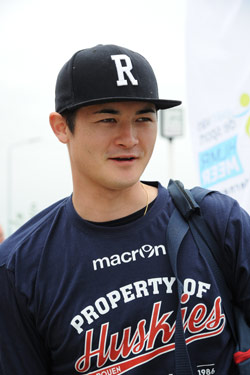
Once professional players were permitted to play in international tournaments, however, a large gap again opened up between France and Italy and the Netherlands. Not only that, the country was overwhelmed by Spain and Germany, which had set up cooperative arrangements with Major League organizations. France entered a period in which it could barely scrape through even among the second tier of European teams. Even in this situation, the players in Division 1 are positive. In last year's European Cup and also among the European representatives who came to Japan was Owen Ozanich who is affiliated with the powerful team Rouen 76 Huskies. Among the coverage of their games the player Kenji Hagiwara can be found. Hagiwara is half Asian and half European and was born from the union of Nobuhisa Hagiwara, a famous judo practitioner, and a French woman. When he was a boy he started playing baseball in his local club and joined Rouen at 16. He works at a regular corporation while using his days off and vacations to come to the baseball grounds.
He says, “Baseball is difficult but when a team plays well together it's really fun. Even though I've been playing a long time, it's my only hobby. In Europe, and especially in France, the only players who can receive salaries from clubs for playing are people with professional experience from the US and Venezuela. That's why I don't expect to make baseball into a profession. I don't know how many more years I can play, but as long as I do, I'll do my best to win”
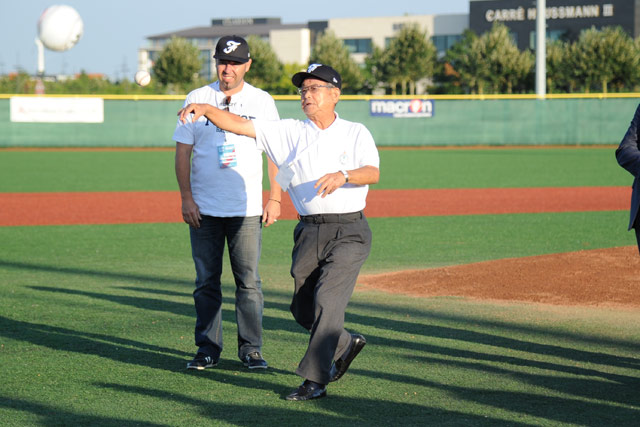
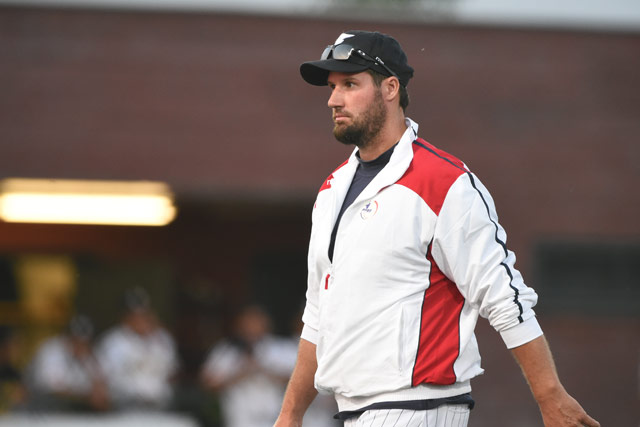
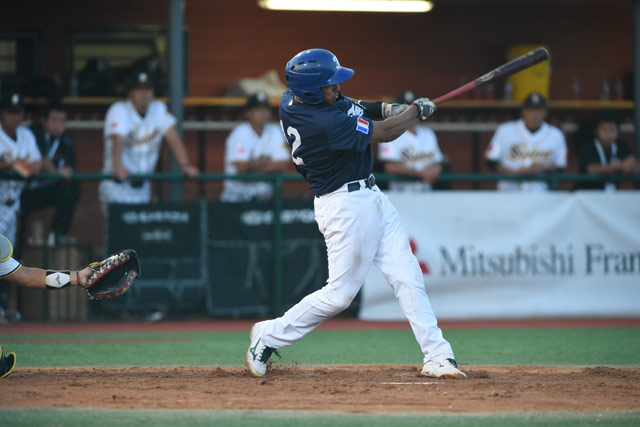
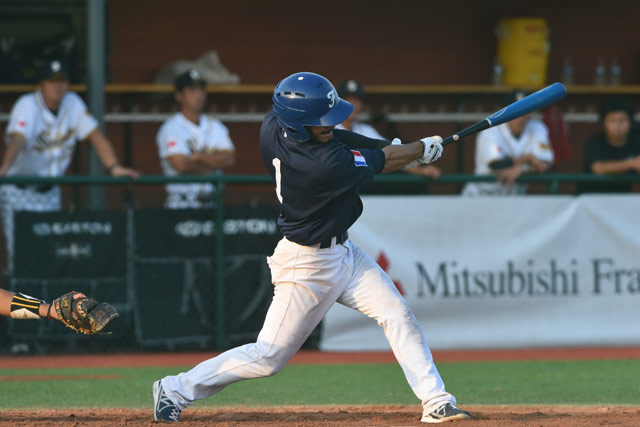
While that is the actual situation for French players competing in Division 1 at the moment, the representative team continues to get steadily stronger by doing such things as entering the 2012 WBC elimination round. The strength of French enthusiasm for building up the team can also be seen in the fact that the 1st France International Baseball Tournament was held last September. This tournament was called the “Yoshida Challenge.” At the home stadium of the Division 1 powerhouse Senart Templiers, built in the south of Paris, Yoshio Yoshida was met by great applause as he threw the first pitch. Then, as described above, the French representatives beat Seino Transportation and achieved a second place finish. With players such as left handed Leonel Cespedes, who has played in the elimination round of the WBC, Maxime Lefevre, who can bear the burden of defending second or third as well as being the lead batter, catcher Andy Paz, a Cuban immigrant who can be proud of his strong arm, and Rene Leveret, a power hitter from the Dutch Antilles who has played in the Minnesota Twins organization, the team gives off a strong impression. Leveret hit two home runs in the game against Seino Transportation and right after that went wild in 8 games in the European Baseball Championship. His batting average was .407, he hit 3 home runs and his RBI was 9. In addition, leading the team is Manager Eric Gagne. As the guardian angel of the Los Angeles Dodgers, in 2003 Gagne had 55 saves and was honored with the Cy Young Award. He is from the province of Quebec in eastern Canada and is French Canadian. Gagne can communicate smoothly with the players and, since Yoshida, he is the first big name to lead the team, so motivation is high. Also, one of Yoshida's students, Arnaud Fau is working as a coach and stresses giving one's all while playing soundly as a team. He says frankly, “Were sticking to what Yoshida taught us.” After this tournament, even though Leveret and Lefevre played outstandingly in the European Baseball Championship, the team was 6th. The country will continue to hold the France International Baseball Tournament and fans will watch closely to see how close they come to world class level play.
Latest Article
 |
RAXUS SAMURAI JAPAN SERIES 2025 JAPAN vs KOREA roster announcement 10/8/2025 |
|---|
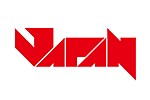 |
2nd WBSC Youth Baseball5 World Cup 2025 roster announcement 9/7/2025 |
|---|
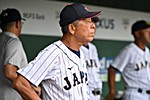 |
WBSC U-18 Baseball World Cup 2025 presented by RAXUS roster announcement 8/23/2025 |
|---|
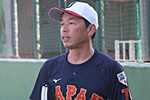 |
31st BFA Asian Championship 2025 roster announcement 8/22/2025 |
|---|
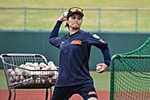 |
4th BFA Women's Baseball Asian Cup roster announcement 7/22/2025 |
|---|



